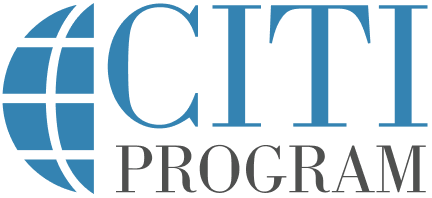Overview
The National Institutes of Health (NIH) has revised the effective date for its updated Public Access Policy. As of July 1, 2025, all peer-reviewed manuscripts funded by the NIH and accepted for journal publication must be made publicly available on PubMed Central with zero embargo, that is, immediately upon the official publication date.
This change accelerates access to taxpayer-funded research and replaces the long-standing 12-month embargo permitted under the previous 2008 policy.
What Changed?
Originally slated for December 31, 2025, the NIH has advanced the policy’s effective date to July 1, 2025, as announced in Notice NOT-OD-25-101. The revised date supports NIH’s commitment to maximum transparency and timely public access to research findings.
Who Must Comply?
The updated NIH Public Access Policy applies to any Author Accepted Manuscript (AAM) that meets all of the following criteria:
- Accepted for publication on or after July 1, 2025;
- Arises from NIH funding—in whole or in part—including:
- NIH grants and cooperative agreements (including training grants),
- Contracts,
- Other Transactions (OTs),
- Intramural NIH research, or
- The official work of NIH employees.
Compliance is required regardless of:
- Whether the NIH-funded author is the primary or corresponding author.
- Whether non-NIH funds also supported the research.
- Whether the journal offers open access pathways.
What Must Be Done?
To comply with the 2024 NIH Public Access Policy:
- Submit the Author Accepted Manuscript to PubMed Central upon acceptance for publication.
- Ensure the AAM is made publicly available with no embargo on the Official Date of Publication.
- Acknowledge NIH funding in accordance with the NIH Grants Policy Statement.
- Agree to the NIH Government Use License via the NIH Manuscript Submission (NIHMS) system.
Alternative compliance: If the journal formally agrees with NIH/NLM to submit the Final Published Article and release it publicly without embargo, that submission will also satisfy the policy.
Why It Matters
NIH’s move to eliminate embargoes aligns with the 2022 White House OSTP directive for all federal research agencies to ensure immediate access to publicly funded research. NIH expects this change to:
- Empower patients, caregivers, clinicians, and educators by giving them real-time access to the latest scientific knowledge.
- Accelerate scientific discovery by enabling unrestricted reuse and text mining.
- Support equitable access for researchers across institutions, especially those with fewer resources.
- Enhance trust in science through transparent sharing of taxpayer-funded outcomes.
Additional Resources and Guidance
To help the research community prepare, NIH has released several supplemental resources:
- Guidance on Government Use License and Rights – NOT-OD-25-049
- Guidance on Publication Costs – NOT-OD-25-048
- Implementation Tools & FAQs
Compliance and Enforcement
Failure to comply may affect future NIH funding:
- NIH may delay non-competing continuation awards for grantees who are out of compliance.
- Contracts and OT agreements will be enforced per applicable terms.
Institutions are responsible for ensuring compliance, though individual authors can fulfill submission requirements directly.
In Summary
Effecive July 1, 2025, NIH-funded researchers must ensure that their peer-reviewed manuscripts are submitted to PubMed Central and made freely available without embargo on the publication date.
This transformative policy shift promotes immediate, open, and equitable access to scientific research and reflects NIH’s ongoing commitment to transparency, accessibility, and public trust in science.







